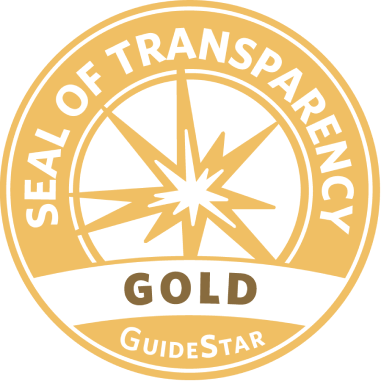In the midst of war and conflict, the focus is often on physical destruction—the bombed-out buildings, the displaced families, the lives lost. But the psychological wounds of war run just as deep, especially for women who endure not only the horrors of violence but also the weight of societal oppression. Post-Traumatic Stress Disorder (PTSD) is a silent struggle, one that many women in conflict zones like Iran and Afghanistan carry alone, unseen and untreated.
What is PTSD?
PTSD is a severe mental health condition that develops after a person experiences a traumatic event. Symptoms can include flashbacks, nightmares, extreme anxiety, and emotional numbness. For women living in war zones, PTSD is often a constant companion, triggered by the loss of loved ones, violent encounters, displacement, or persistent fear of harm.
Unlike a visible injury, PTSD does not heal with time alone. It lingers, affecting thoughts, emotions, and even physical health. Many women in Iran and Afghanistan experience symptoms but do not recognize them as PTSD, instead believing they are simply “weak” or “broken.” In societies where mental health is stigmatized, seeking help is rarely an option.
The Unique Challenges Women Face
While PTSD affects both men and women, women in conflict zones experience it differently due to their gender-based struggles. In Afghanistan, the return of the Taliban has stripped women of their rights, forcing them into a life of restriction and fear. In Iran, crackdowns on protests and increased state violence have left many women traumatized by arrests, abuse, and executions of loved ones.
For many women, PTSD is compounded by sexual violence, forced marriages, or domestic abuse—traumas that they are often expected to endure in silence. The fear of shame, honor-based punishment, or being abandoned by their families prevents them from speaking out or seeking help.
How PTSD Manifests in Daily Life
PTSD does not only come in the form of dramatic breakdowns. Many women experience:
- Emotional numbness: A feeling of detachment from life, family, and even their own emotions.
- Hypervigilance: Always being on edge, fearing the next attack or punishment.
- Nightmares and insomnia: Reliving the trauma night after night, unable to find rest.
- Avoidance: Staying away from people, places, or situations that remind them of their trauma.
For many, these symptoms make daily life unbearable. The inability to trust, connect, or even feel safe in their own homes can make healing seem impossible.
Breaking the Silence: The Path to Healing
Healing from PTSD is difficult, especially in environments where mental health care is unavailable. However, small steps can make a difference. Organizations like the Omid Foundation provide trauma-informed support, offering women a space to share their experiences and learn coping mechanisms.
Practices like journaling, meditation, art therapy, and learning new skills can also help survivors regain a sense of control over their lives. While PTSD may never fully disappear, with the right support, women can learn to manage their pain and reclaim their futures.
The silent struggle of PTSD does not have to remain silent forever. By acknowledging the trauma, creating safe spaces for healing, and challenging the stigma surrounding mental health, we can help women in conflict zones move from suffering to strength.

